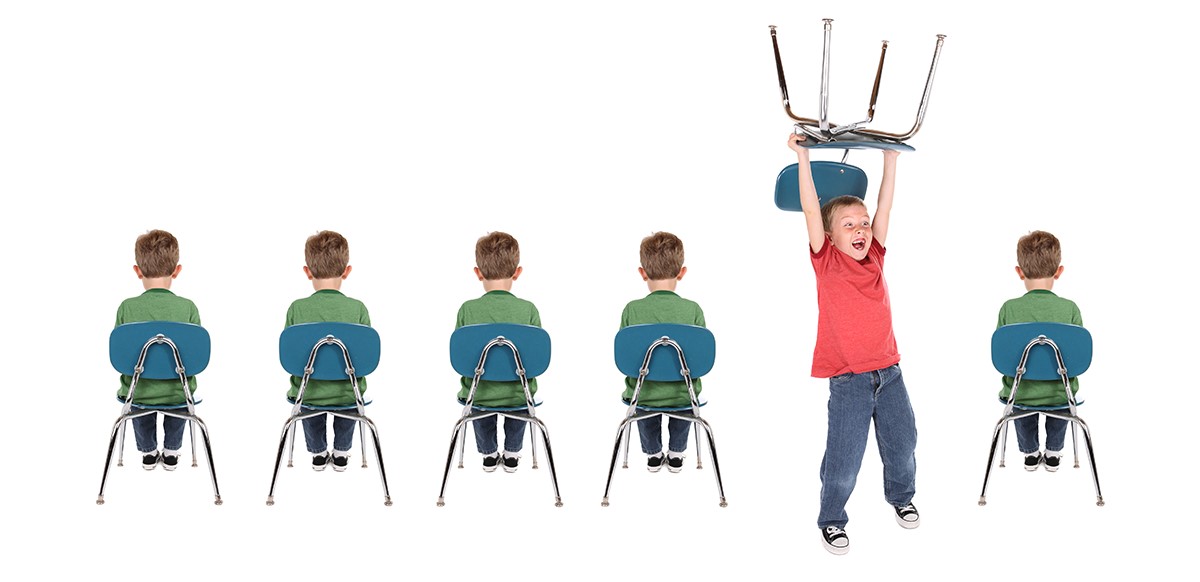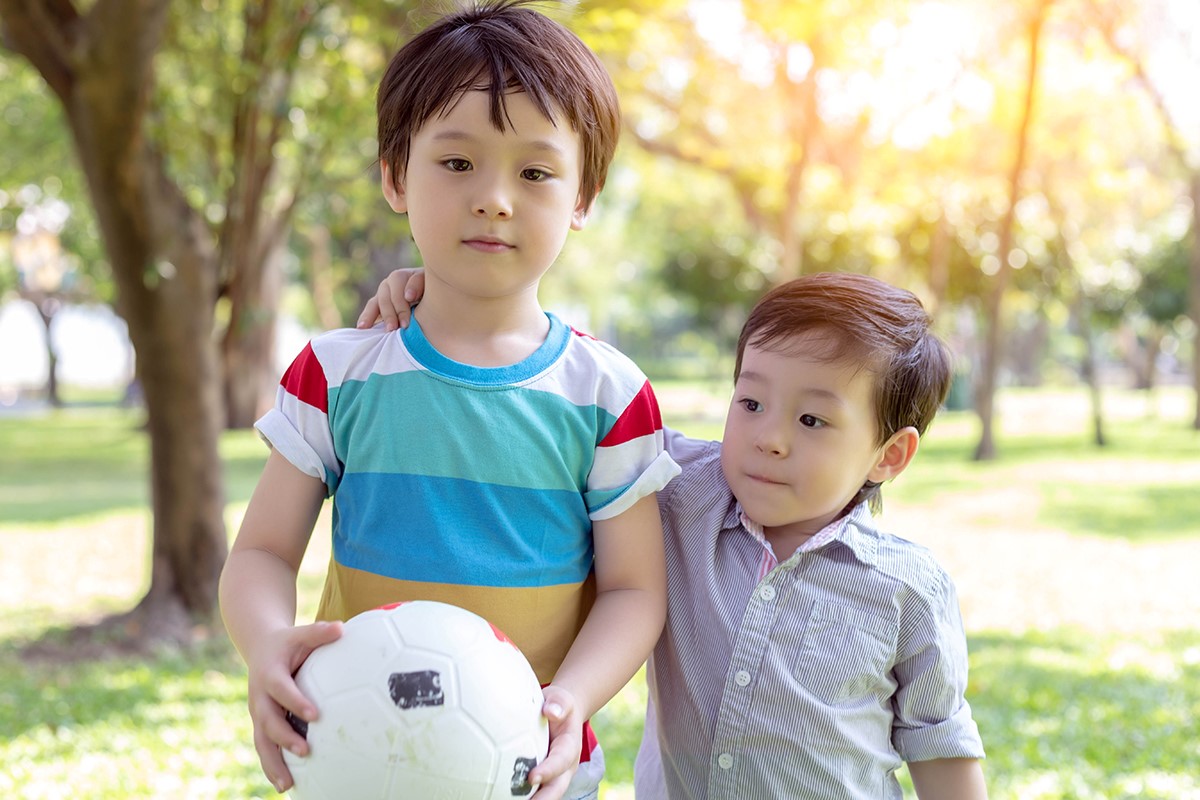Definition
ADHD is a neurodevelopmental disorder that originates in childhood. Symptoms usually appear in early childhood and may be observed by teachers or parents during preschool or early elementary school years.
Symptoms
The main symptoms of ADHD include:
- Short attention span, difficulty listening attentively
- Poor organizational thinking, impulsivity, restlessness
- Forgetfulness or frequently losing items
- Carelessness, excessive talking, interrupting or intruding on others, inability to stay seated, impatience
While these behaviors may occasionally occur in typical children, children with ADHD exhibit them to a significantly greater extent, affecting academic performance, daily life, and interpersonal relationships.
If left untreated, symptoms can persist into adulthood and may be associated with additional issues such as adjustment disorders, antisocial personality, depression, substance abuse, or even criminal behavior.
ADHD can be classified into the following types:
- Predominantly Inattentive Type: Symptoms mainly involve inattention.
- Predominantly Hyperactive-Impulsive Type: Symptoms mainly involve hyperactivity and impulsiveness.
- Combined Type: Involves symptoms of both inattention and hyperactivity-impulsiveness.

Treatment and Management
The symptoms of ADHD can significantly affect a child’s learning and physical and mental development, leading to negative outcomes. Therefore, early intervention is essential. The biopsychosocial model is a key treatment approach, integrating biological, psychological, and social aspects for optimal results.
- Preschool Age (Before age 6): Behavioral therapy by parents or caregivers is the main form of treatment. If behavioral therapy is not feasible and the child experiences significant functional impairment, such as serious behavioral problems or injury risk due to impulsivity and hyperactivity, medication may be considered after thorough discussion with parents about risks and benefits.
- School Age: The first-line treatment is medication, or a combination of medication and behavioral therapy.
- Adulthood (After age 18): Medication is the first-line treatment for those whose symptoms continue to affect functioning. If the patient refuses medication, does not respond to it, or cannot tolerate the side effects, cognitive behavioral therapy may be considered.
Supporting Children with ADHD
- Create a supportive and friendly environment that is stable and conducive to learning and development.
- Provide timely and consistent support, understanding, and feedback.
- Use rewards instead of punishment to reinforce positive behavior.
- Make time concrete, for example by using schedules or timers.
- Give clear reminders and guidance during tasks to help children understand the steps of thinking and problem-solving.
- Maintain consistency and an accepting attitude to help children grow steadily.



